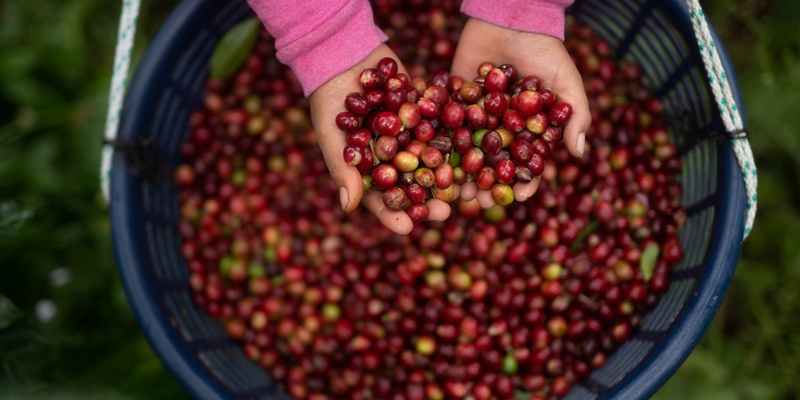Let’s talk about commodity standards - CPM adopts standards on safe trade in plants and plant products
Posted on Fri, 08 Apr 2022, 10:19

© FAO/Santiago Billy
Rome, 8 April 2022. The Commission on Phytosanitary Measures (CPM) adopted yesterday the International Standard for Phytosanitary Measures (ISPM) number 46 on Commodity-Specific Standards.
Commodity-specific standards are crucial in protecting plant-based agriculture, safeguarding the environment and natural resources against invasive pests and facilitating safe trade. They offer a strategic value in that they harmonize phytosanitary measures, optimize efficiency of resources and provide consistency to contracting parties.
“The adoption of the overarching commodity standards not only reinforces the relevance of the IPPC to modern international trade policies and practices, but it is also a landmark step towards delivering one of the eight development agenda items of the IPPC Strategic Framework 2020–2030,” said Samuel Bishop, Standards Committee member for Europe and steward for the ISPM, and the Head of International Plant Health of the UK Department for Environment, Food and Rural Affairs.
It is envisaged that the adoption of specific commodity standards, along with harmonized phytosanitary measures, will facilitate and accelerate trade negotiations and simplify safe trade in plant products by 2030, as outlined in the International Plant Protection Convention (IPPC) Strategic Framework 2020-2030. This key result supports the achievement of relevant Sustainable Development Goals (SDG), including SDG 2 – End hunger, achieve food security and improved nutrition and promote sustainable agriculture, among others.
The overarching standard ISPM 46 applies to commodities being moved through international trade. The standards are designed to support the development of phytosanitary import requirements where measures are technically justified to facilitate safe trade. Contracting parties should thus, consider available commodity standards when developing phytosanitary import requirements, including pest lists and options for phytosanitary measures.
As the IPPC takes on a new direction by putting greater focus on commodity- or pathway-specific topics, it was recognized that the international phytosanitary community might view this as a challenge. The CPM had agreed on the principles around commodity standards and it highlighted the sovereign authority of contracting parties and that no additional obligations are imposed on importing countries by commodity standards, over and above the obligations already identified in the IPPC.
Following the IPPC Standard Setting Procedure, comments were solicited from national and regional plant protection organizations on the draft standard through an open and transparent process. The IPPC Standards Committee reviewed the comments provided by the IPPC community thoroughly after which, the draft standard was presented for adoption at the CPM-16. The IPPC Secretariat also organized a webinar earlier this year to increase the understanding of the IPPC commodity standards and its key principles.
“The overarching standards will pave the way for the IPPC to continue to add tremendous value to countries and communities as new global commodity standards simplify safe trade between countries,” said Joanne Wilson, Standards Committee member for Southwest Pacific region and assistant steward of the ISPM 46. She is also the Principal Adviser to the Animal and Plant Health Directorate of New Zealand.
“I’m especially excited for developing countries who will be able to use commodity standards as a basis to start trading more quickly," Joanne Wilson added.
The newly adopted commodity standards, or ISPM 46, will be available soon on the IPPC International Phytosanitary Portal.
Related information:
Commodity standards, a webinar explains new directions in the IPPC work

